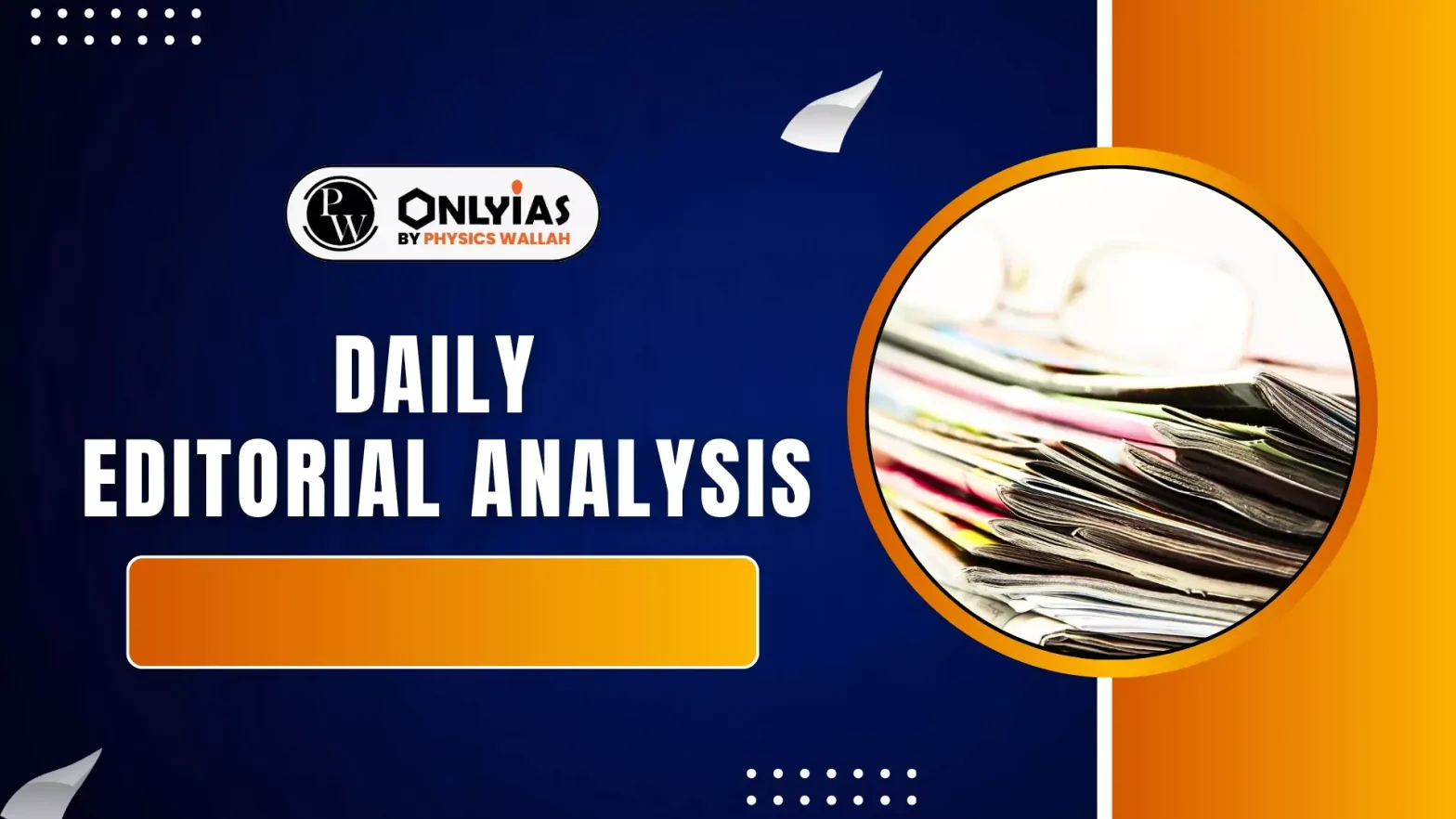The tragic death of 41 people, including women and children, who had gathered to get a glimpse of matinee-idol-turned politician Vijay, has revived the debate about hero-worship of film stars and politicians.
Background of Hero Worship in Tamil Culture
- Ancient Practice: Inscriptions and sources show the idea of a “hero” has been central to Tamil tradition.
- Folk Heroes and Kingly Figures: Stuart Blackburn highlights both folk heroes (representing class interests) and kingly figures.
- Scholarly Contributions: Scholars like K Kailasapathy have worked on Tamil heroic poetry and the folklorist N Vanamamalai has written about hero stones, ballads and folk beliefs among the Tamils.
- Cultural Tradition: These studies indicate that celebrating fallen heroes through literary, oral, and visual practices has been an integral part of Tamil tradition.
- Modern Practice: Actors and politicians are given a “larger than life” or “superhero” image intentionally.
- This is achieved through PR (Public Relation) campaigns, mass propaganda, branding, and fan clubs, often aimed at developing a dedicated vote bank.
Dravidian Politics and Institutionalisation of Deification
- Contradiction of Principles: Although the Dravidian movement was founded on rationalist and atheist principles, it paradoxically institutionalised a culture of deification in its political phase.
- Cinema as Political Tool: Films, songs, and dialogues were systematically used to promote its ideology and connect with the masses.
- Ironically, the Dravida Munnetra Kazhagam (DMK) party, which emerged from this movement, later turned human leaders (like MGR) into demi-gods or equivalents of God, using extensive propaganda.
- Cinema-Politics Nexus in Tamil Nadu: MGR’s unique success inspired many film stars to enter politics, although most could not replicate his achievement in uniting cinema with political leadership.
- Leaders from the film industry were venerated with symbolic titles, such as Karunanidhi as the “Chola King,” MGR as “Paari Vallal,” and Jayalalithaa as “Idhayadheivam Amma.”
- Film culture and political culture became inseparable in Tamil Nadu, with cinema dialogues, songs, and images deeply embedded in the state’s public life.
Impact of Cinema-Politics Nexus in Tamil Nadu
- Campaign Politics: Film stars became a regular feature in election campaigns for Dravidian parties, ensuring cinema remained an influential mobilising force.
- Cultural Events: Even official cultural programmes feature film stars as speakers, reinforcing the link between cinema and governance.
- Absence of Independent Culture: This sustained nexus prevented the growth of a truly independent public culture in the state.
- Emulation by Others: Other regional and national parties began emulating this Tamil Nadu model, using cinema stars for political promotion and voter outreach.
Concerns of the Cinema-Politics Nexus
- Sycophancy in Modern Politics: The hero worship of modern film stars and politicians has gone beyond cultural tradition and now amounts to political sycophancy.
- Undermines Criticism: It discourages debate, discussion, and criticism; those who criticize the leader are labelled as traitors or “anti-party”.
- Replaces Policy with Emotion: Discussions focus on emotional manipulation and personality rather than substantive issues, data, or figures.
- Fosters Dynastic Politics: It supports the continuation of dynasty politics, where a leader’s family members are prepped as successors.
- Erodes Merit: It overshadows the individual’s actual merit and capabilities.
Way Forward
- Immediate Measures: Enforce crowd safety regulations and liability guidelines; ensure Election Commission oversight on rally attendance; require media restraint to avoid sensationalizing or glorifying actors/politicians.
- Long-Term Measures: Promote civic education and critical thinking from school age; strengthen an independent civil society; encourage internal democracy within political parties.
Conclusion
As B. R. Ambedkar cautioned, hero worship in politics can erode democracy. The Karur tragedy exemplifies how excessive cult politics jeopardizes accountability and citizen welfare.
![]() 1 Oct 2025
1 Oct 2025

